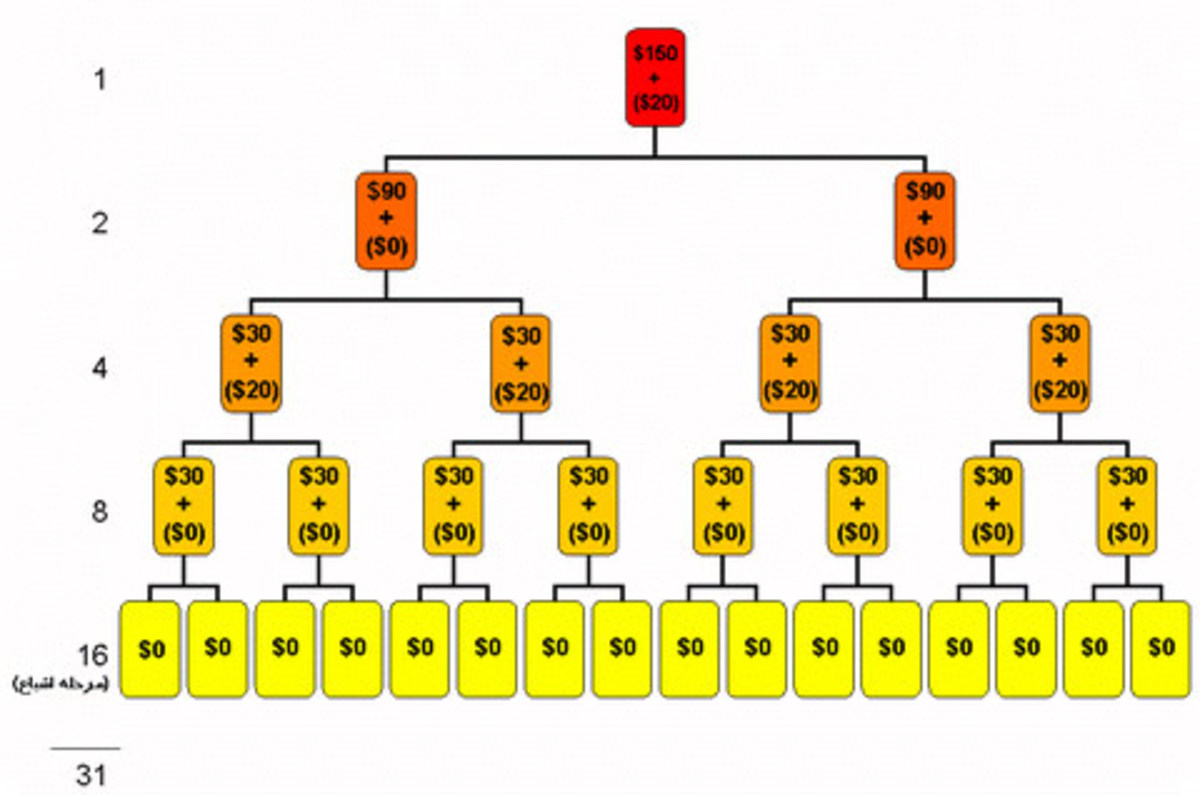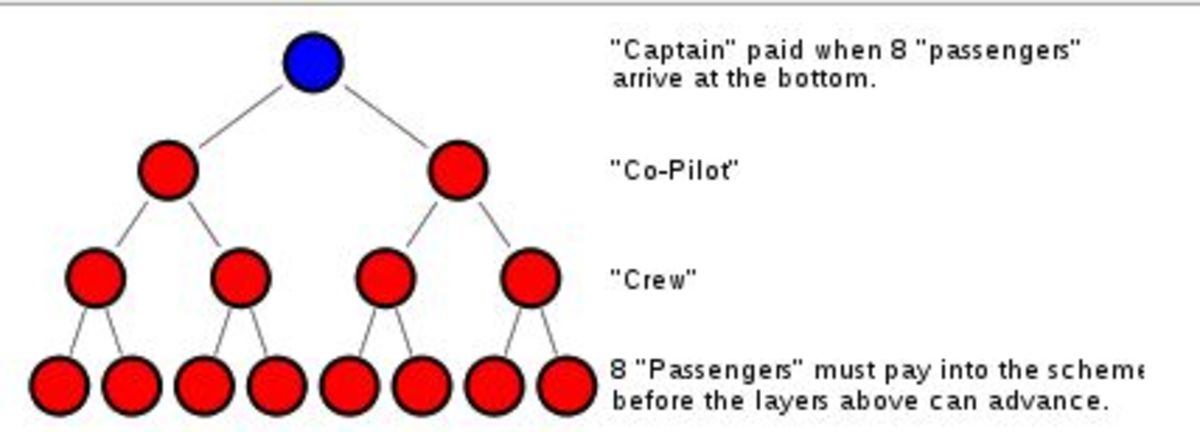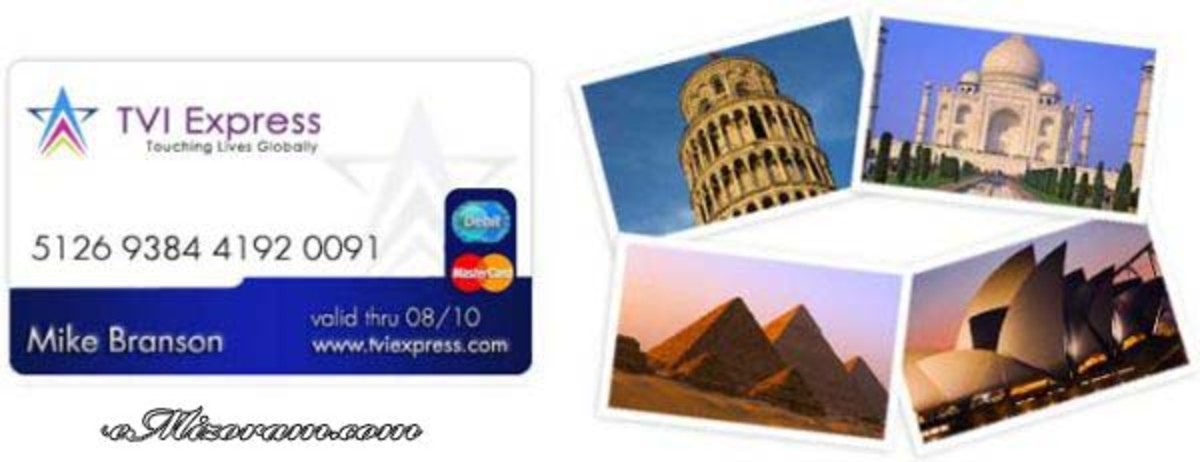How To Tell If It's an MLM, Network Marketer or Illegal Pyramid Scheme.
A pyramid scheme is an illegal networking company or setup which promises big returns but which can costs members thousands of dollars.
This type of scheme is illegal because a few people (those at the 'top of the pyramid') get rich by recruiting thousands of people beneath them. The only issue is that this cannot continue forever. Because there are no real products, eventually those at the bottom of the pyramid will find themselves out of pocket (sometimes thousands of dollars) with no way to recoup their losses.

A pyramid scheme has the following warning signs:
- A member pays to join, but the only way to recoup membership fees is by recruiting new members to join as well.
- Although the scheme may have products, they're overpriced or have little genuine value. Some examples include expensive training courses, information that can be found easily for free or overpriced services. In many pyramids, there are no products at all.
- The company places a lot more emphasis on recruiting, instead of selling. The company encourages members to buy, but doesn't encourage sales to people who are outside the company. This forces profits to remain inside the company, limiting market potential and forcing members to buy more and more to keep up to company standards.
- The company is adamant that "This is completely legal" or claims that any negative reviews or even legal prosecutions were a mistake or misinformed.
- They are free to join but have a big upsell. Some schemes work by promising huge returns in exchange for a free membership. After joining though, they reveal that members need to qualify in a specific way (usually with a certain number of purchases or monthly fees) to qualify for any payment.
How Is a Pyramid Scheme Different Than a Party Planning or Direct Sales Company?
Although the two are sometimes confused, the two are based on a very different model.
The major difference between the two is that direct sale and party planning companies encourage sales to the general public at retail prices - their members then pocket the difference in cost between wholesale and retail prices. This makes getting sales more important than recruiting new members and is completely legal.
Some examples of pyramid schemes:
- Polaris (also known as Liberty League).
- Empower Network
- Better Women's Network.








